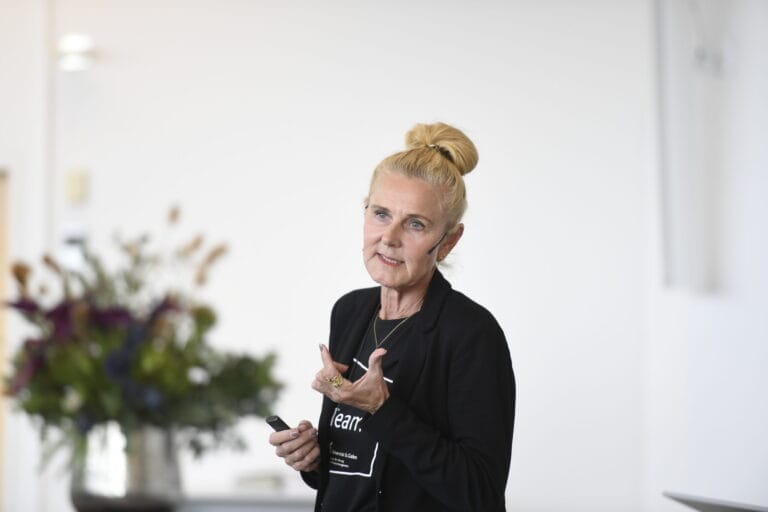Trend 1: Unbossing and Shared Leadership
Flexibility and decentralization are considered core features of the new world of work and are omnipres-ent in the corporate landscape. Therefore, there is a trend towards a leadership culture that can be characterized as “unbossed”. Leaders are encouraged to create space for autonomous action and the sharing of leadership responsibility within the team.
In fact, such a culture requires not less, but more leadership: leadership that provides guidance, conveys a vision, and makes the significance of work visible. If leadership responsibility within the team is dis-tributed without a guiding and captivating vision, negative impacts can occur. Guiding leadership can ensure that decentralized work within the team is aligned with the overarching organizational goal through experienced appreciation, prioritization, and a shared sense of purpose.
Trend 2: Paradoxical Leadership
An accelerated world of work requires an increasingly rapid switch between implementation and innovation modes. For companies to be successful and remain so in such a dynamic environment, leaders need the competence to adapt their leadership behaviour according to situational demands.
Although most teams work partially in both modes, a one-sided leadership style, either purely results-oriented or purely empowering, often leads to a significant loss of the synergistic effects of efficiency and creativity. In contrast, concepts like paradoxical leadership or inspiring-multimodal leadership help consciously utilize a spectrum of often less transparent leadership styles, applying them appropriately to various tasks.
Trend 3: Diversity Competence as Leadership Task
Another significant trend concerns the increasingly diversified expectations of “good leadership” from different generations. This trend can provoke tensions between individualization and stereotyping on the one hand. On the other hand, by fostering diversity competence in dealing with different generations, combined with empathy and flexibility, it’s possible to address individual preferences and thus exemplify trans-parency, fairness, and justice according to understandable rules.
Trend 4: Purpose-driven Leadership
Another central leadership trend concerns the increased need for meaning and appreciation. In research, this need, reflected in various theories and concepts such as transformational leadership, empowering leadership, visionary leadership, servant leadership, and inspiring-multimodal leadership, is an essential element and is experiencing growing significance. Inspiring leadership, combined with goal-oriented leadership, is considered one of the most effective forms of leadership: it is strongly associated with in-creased employee satisfaction, motivation, and performance and becomes even more important with the increasing prevalence of virtual work. In contrast, many companies live a kind of pseudo-purpose that does not do justice to this trend.
Trend 5: Healthy Leadership and Caring
Health and well-being are increasingly valued in the new world of work. Psychologically induced absences have been increasing for several years and accounted for the highest proportion of sick leave in 2020 with 20%. In this context, leaders are more and more responsible for the health of their employees. Especially in home office settings, there are increased demands for healthy leadership, as hybrid work can be challenging and can lead to increased illness. Health-oriented leadership entails leaders being mindful of their employees and themselves. It is particularly successful when systematically developed as a leadership culture.
Conclusion
The five leadership trends have not yet been put into practice in most companies. We do not claim that exactly these five trends will determine the future, but rather aim to provide data-based guidelines for the development of modern leadership to help balance the sometimes increased and paradoxical demands of the new world of work. The prerequisite for this is that leadership is allowed to evolve and experiment, learn from mistakes, and regain attractiveness.
About the author(s)


M.Sc. Psychologie Leon Barton PhD Candidate, Research Associate
Relevant executive education
Newsletter
Get the latest articles directly to your inbox.
Share article
More articles
The Future of Work and the Central Role of Diversity & Inclusion
Leadership in Transition: Five Trends of Modern Leadership
The future of work – also relevant for the legal market?
Why inclusive leadership matters for every generation
Do young lawyers need leadership, too? Classification according to generations – slightly arbitrary, but useful


